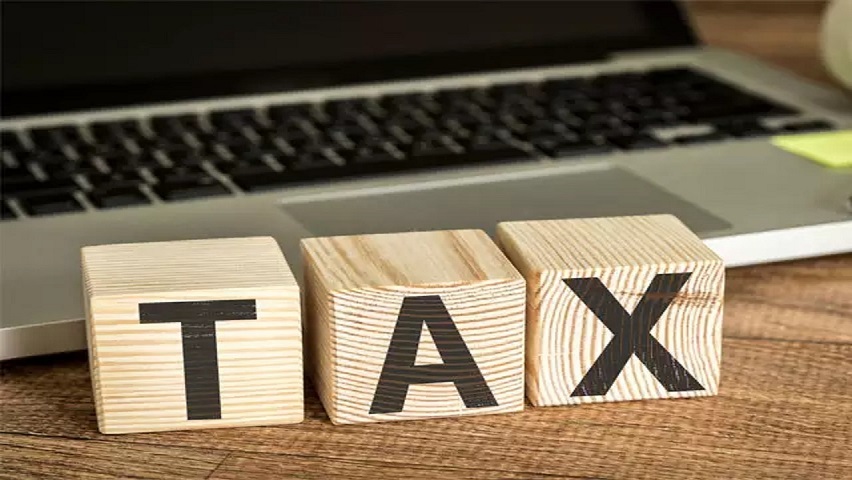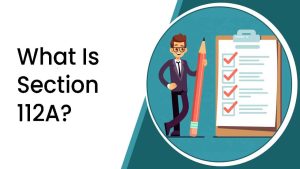If you really have academic and business profits and your taxable income contains such business and professional income, the reports and transaction data (books of account) must be kept and preserved. You must also have these books audited by the CA.
Even so, throughout the terms of low tax paying citizens who have business income and also professional income, the Income Tax Act sets out a system under which you do not need to maintain accounting records if you report corporate profits or expert profits beyond a set number. This system is referred to as the Presumptive Taxation Scheme (PTS).

Presumptive Tax Scheme
The Presumptive Tax Scheme (‘PTS’) is applicable from the 2017-18 (Financial Year 2016-17) assessment year. As per this policy, if the overall receipts do not surpass 50,00,000/- the individual involved in the stated career does not have to keep the accounting system and get the audits performed and he announces the profit from a career at 50% more than of the overall receipts. PTS ‘main characteristics are as follows:
Applicable Professions Under Presumptive Tax Scheme
The types of jobs authorized by the Income-Tax regulations as professions are as follows:
- Architecture
- Accountancy
- Authorized Representative
- Engineering
- Interior Decoration
- Legal
- Medical
- Technical Consultancy
- Information Technology professional
- Company Secretary
- Film Artists
Whom It Is Applicable?
- An Indian citizen with professional income
- Individual, HUF (Hindus Undivided Family), Partnership, LLP, Business, etc.
- Individual with total gross receipts Rs.50,00,000/- or below
How Is It Calculated?
- The overall taxable income in a financial year is estimated at a rate of 50% of the individual’s overall gross income
- If you have gross receipts of 48,00,000/- and chose for the PTS, the presumed income is measured at or above 24,00,000/- but not less than 24,00,000/-
- You are not permitted to report any expenditures against presumed revenue measured according to PTS
Any Other Advantages of Professions Under Presumptive Tax Scheme
You really aren’t obliged to pay advance tax throughout all 4 quarters of a financial year, and you are only expected to pay advance tax before or on 15 March of the financial year. If you ever do not pay in full of the advance tax before 15 March, you would be obliged to pay interest contrary to section 234 C of the Income Tax Act.



